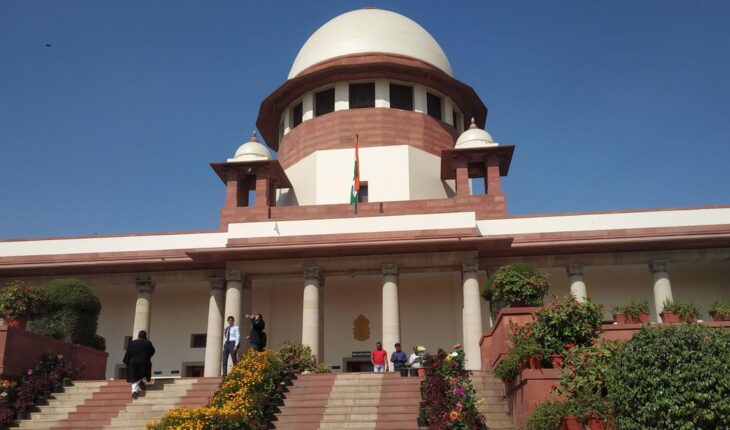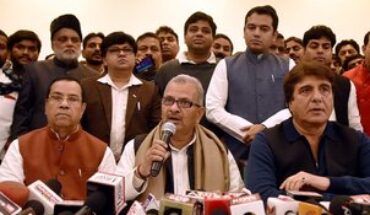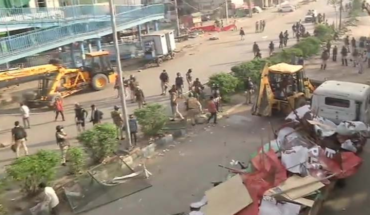The Supreme Court of India has rejected a Public Interest Litigation (PIL) that aimed to affirm the validity of the Indian government’s decision to revoke the special status of Jammu and Kashmir under Article 370 and the removal of Article 35A from the Indian Constitution, the portal LiveLaw reported.
The bench overseeing the case, comprising Chief Justice of India DY Chandrachud, along with Justice JB Pardiwala and Justice Manoj Misra, expressed initial skepticism about the nature of the petition.
Chief Justice Chandrachud questioned the petitioner’s intentions during the proceedings, stating, “What kind of a petition is this? Who has prompted your client to file this?” He went on to clarify the court’s stance by stating, “This court cannot issue a declaration regarding the constitutional validity of actions taken by the central government. The matter of constitutional validity is still under the consideration of this court. This plea is not well-founded.”
Consequently, the plea was dismissed by the court.
The PIL had sought an official declaration from the Supreme Court affirming the constitutionality of the government’s decision to revoke Article 370 and Article 35A. Article 370 granted a special status to the former state of Jammu and Kashmir, while Article 35A provided special privileges to its residents in matters related to property and employment.
A constitution bench is currently hearing a series of pleas challenging the abrogation of Article 370, which was carried out on August 5, 2019. Simultaneously, the court is also considering challenges against the removal of Article 35A, which had granted distinct privileges to residents of Jammu and Kashmir in specific areas.
This development underscores the ongoing legal discussions surrounding the government’s decision to alter the special status of Jammu and Kashmir and its implications on constitutional matters.






